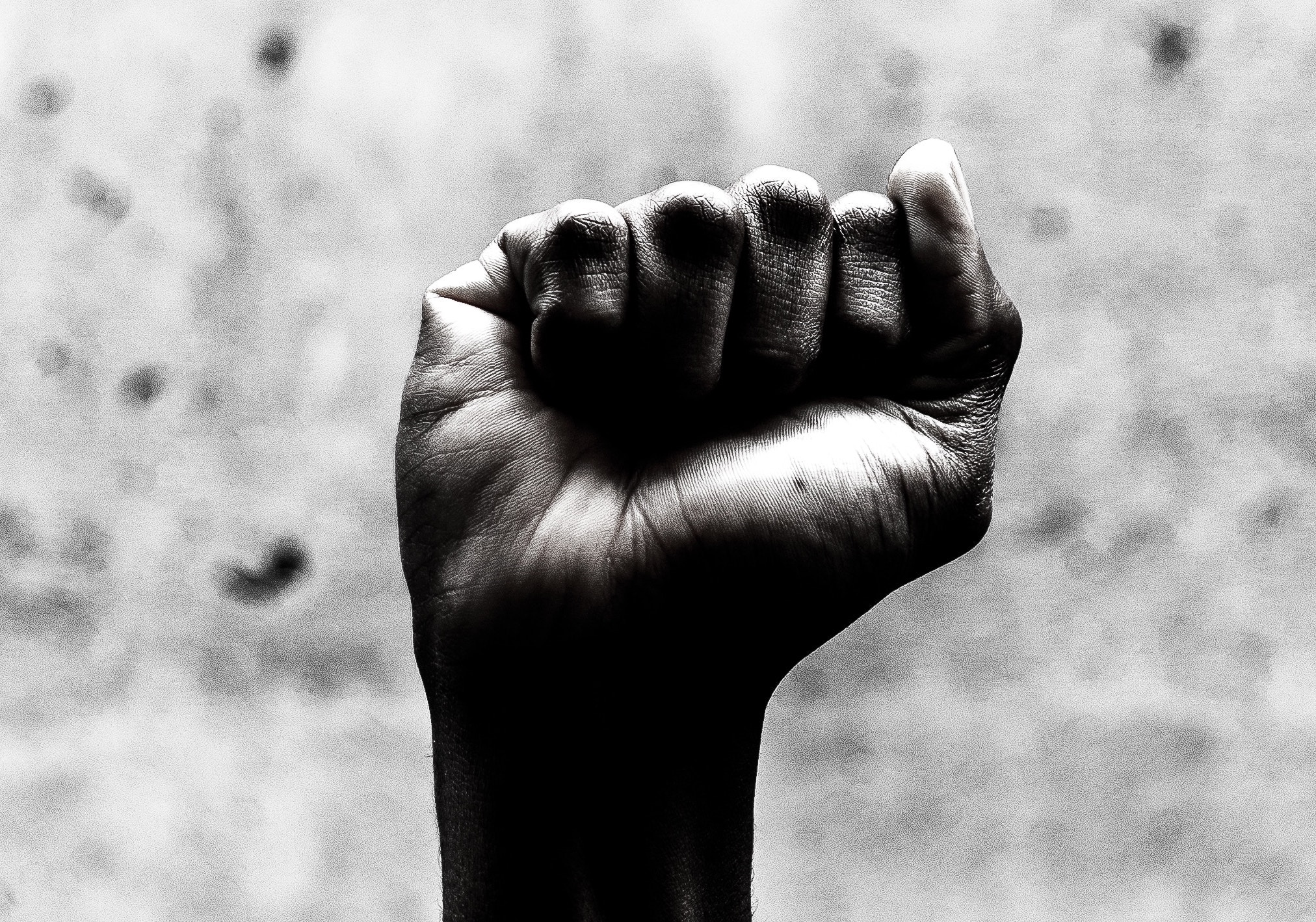
There was a time in my life when I believed that most important things in the world are either right or wrong, true or false. I believed every decision and every theological thought must have one possibility. Everything was day or night – no dawn or dusk for me.
Don’t misunderstand – I still think many decisions, theologies, and ethics should polarize. The tomb is empty! We ought to whiten our knuckles around that truth because Jesus is the way, the truth, and the life (John 14:6). You’re either with Jesus, or you’re completely without him. There is no gray in the gospel.
While the gospel is irrefutable, I am not. My beliefs are flawed, my knowledge is disputable, and my passions can change. I wore scrunchies as bracelets (all 90’s girls understand), and I also wore a plethora of metaphorical badges on my chest that declared my allegiance to ideals, many which I no longer hold.
Growing up in the South, I saw racism first hand. I never believed that racism was okay, but I did think that we just needed to move on past the issue and just treat each other with kindness. I firmly stood by this belief, only to realize in the last few years that it dismisses and hurts my friends who are minorities. Dogmatism got in the way of my ability to love and listen to those around me. I’ve been wrong about a lot of things in life.
There is a difference between godly conviction and dogmatism. Godly conviction is the Holy Spirit’s work in us to create adherence to biblical truths. Dogmatism tends to promote self – it bulldozes everyone to expand its own ego.
It isn’t wrong to have strong opinions. It is wrong to hold so tightly to these beliefs that we dismiss and destroy our neighbors. Take one peek at your local news channel and you’ll hear a single inflated, isolated viewpoint. Dogmatic people literally scream their opinions on Fox News. They align themselves so closely with their beliefs that they feel personally assaulted when those beliefs are questioned or challenged. But we do this in our churches too.
The human race is a kaleidoscope of experiences, personalities, and opinions. I have never met someone who agrees with me on everything, and I am confident I never will. The more comfortable with nuances I become, the more I am able to love others by seeking to understand them.
It isn’t always easy to walk towards our brothers and sisters with humility. Our stubbornness and our passions can muffle our ears to those with whom we disagree. Instead of living in our dogmatism, we should heed Paul’s words to the Ephesian church. “Live worthy of the calling you have received, with all humility and gentleness, with patience, bearing with one another in love, making every effort to keep the unity of the Spirit through the bond of peace” (Ephesians 4:1-3).
Humility promotes love for one another and unity of the body of Christ. Unity requires the disjointed to become jointed, the divisive to become undivided, and the dogmatic to become nuanced. The gospel provides “one Lord, one faith, one baptism, one God and Father of all” (Ephesians 4:5). If we stand unified under the gospel, our relationships can flourish despite nuances.
“My dear brothers and sisters, understand this: Everyone should be quick to listen, slow to speak, and slow to anger, for human anger does not accomplish God’s righteousness” (James 1:19-20).
May we be people who are willing to be wrong, willing to listen, and willing to kill our dogmatism for the sake of unity.

